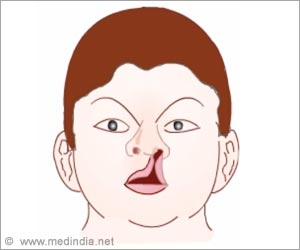Silva and colleagues said that they had accomplished the transformation of immature cells from men's testicles into powerful stem cells.
Silva and colleagues said they had accomplished the transformation of immature cells from men's testicles into powerful stem cells, which can later, differentiate into nerve, heart and bone cells. Their work was presented at a meeting of stem cell researchers in Valencia, Spain. Gerd Hasenfuss of Georg-August-University in Goettingen, Germany and colleagues reported in the journal Nature that they have transformed mouse germ cells into stem cells.
The researchers, at Irvine, California-based PrimeGen Biotech, worked with immature cells (germ cells) found in testes and ovaries. Germ cells isolated from adult human testis can be therapeutically reprogramed to have the ability to differentiate into cells that can be used therapeutically for cell-based regenerative medicine. Silva said in a statement in the conference that stem cells are the body's master cells, and scientists are working to learn how to find and use them to replace tissue, to grow new organs, and to study diseases. Adult stem cells are found throughout the body, although they are difficult to identify.Bone marrow stem cells are routinely used in transplants to treat cancer and other diseases. But they are already partly programmed and can serve as a source of only a limited range of related cells. Stem cells taken from the early foetuses (blastocyst) are flexible. These embryonic stem cells are pluripotent, and can serve as a source of any kind of cells or tissue in the body.
But use of embryonic stem cells is controversial as US federal law strictly limits the use of taxpayer funds for working with them. So researchers are seeking other sources of stem cells and Silva's team took cells from the testes of men aged 26 to 50 years old. They said that their main aim is to re-program them thereby they can be pluripotent. Then these cell lines can effectively be used to treat a number of diseases.





